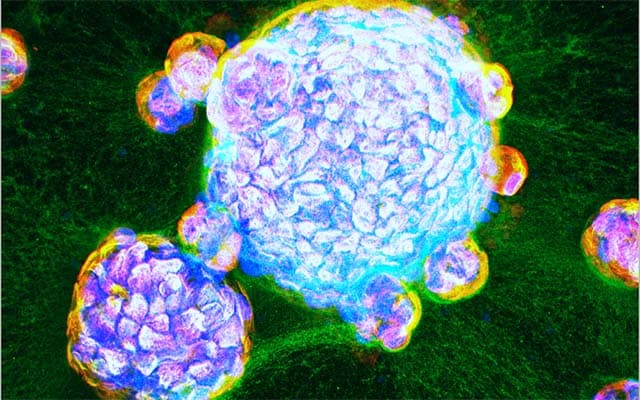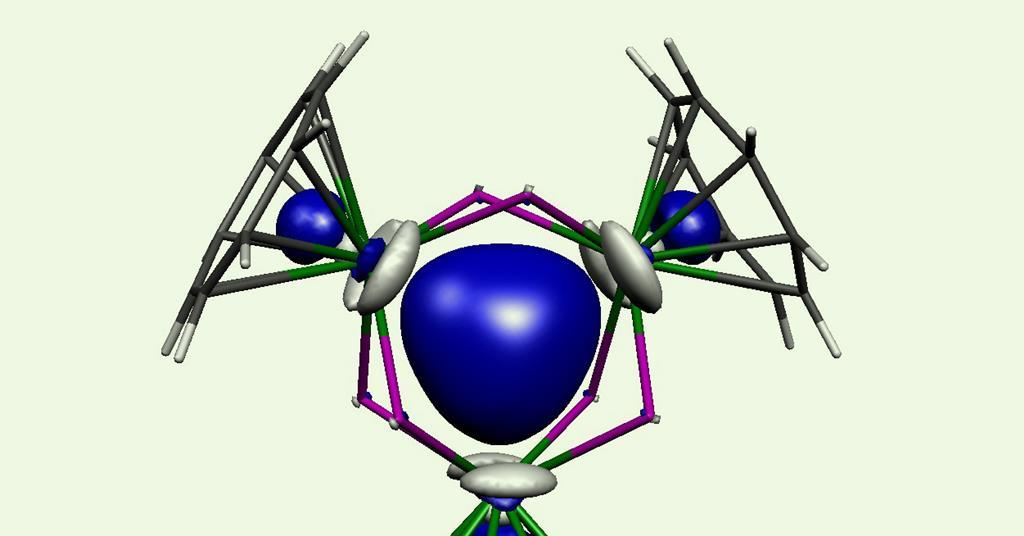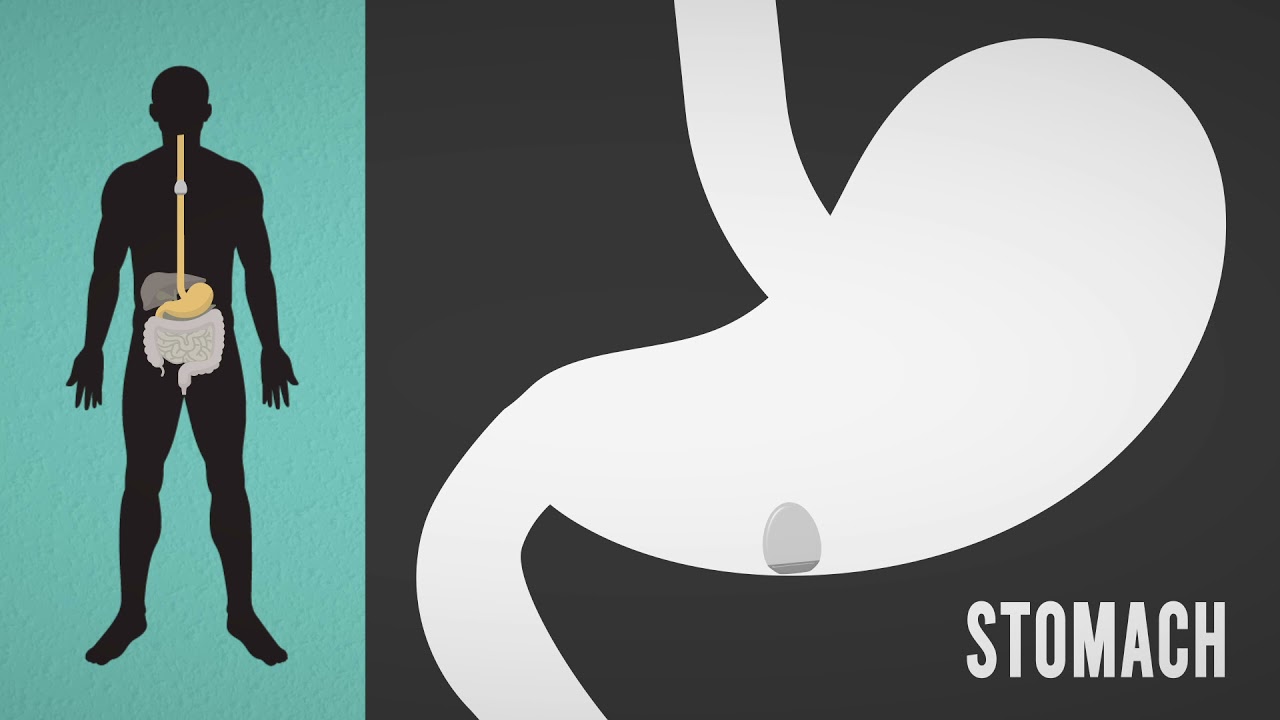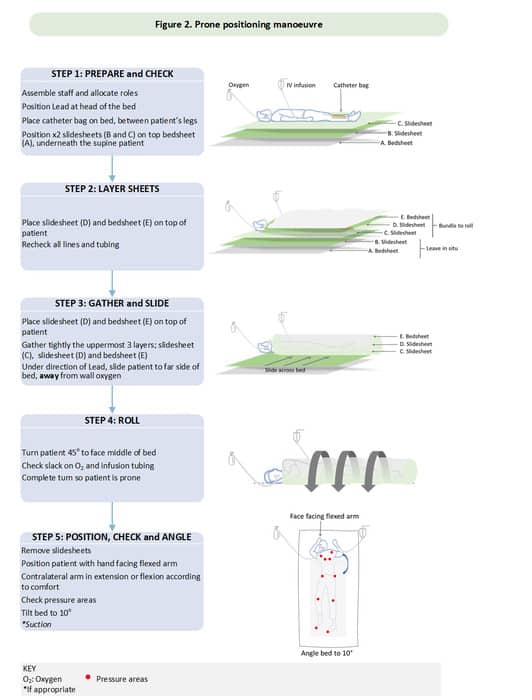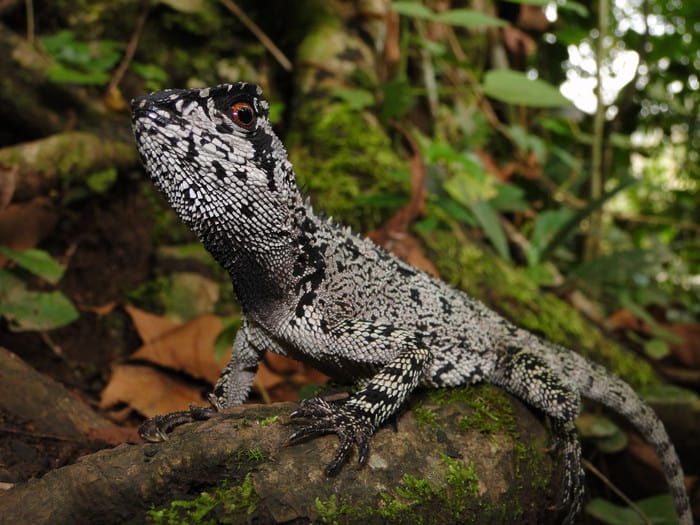For decades, research has shown the risk for developing Alzheimer’s disease in the United States is dramatically higher among African American populations than in non-Hispanic white populations. Scientists have suspected a variety of contributing factors, but the underlying reasons have remained unclear. Now, a new study in The Journals of Gerontology, conducted in collaboration with researchers across the […]
Read More
